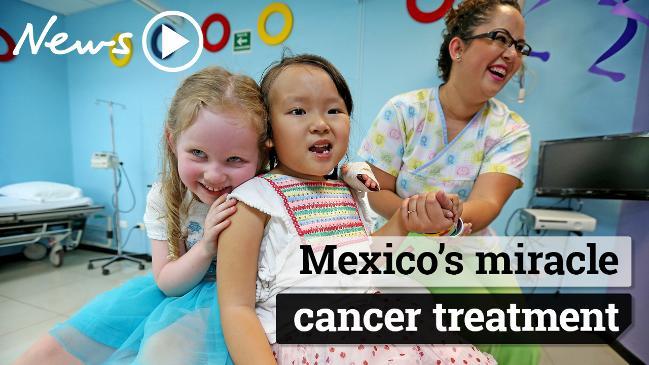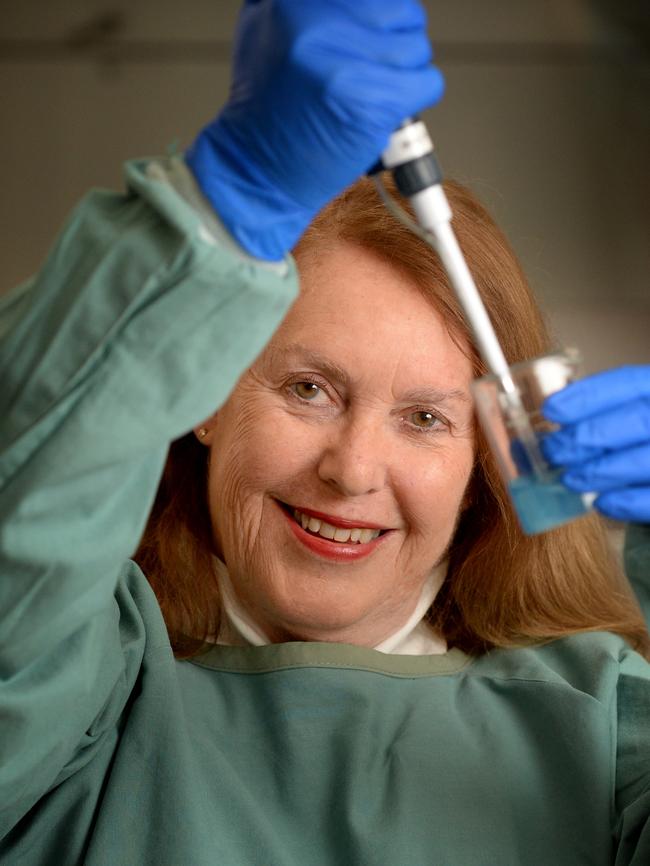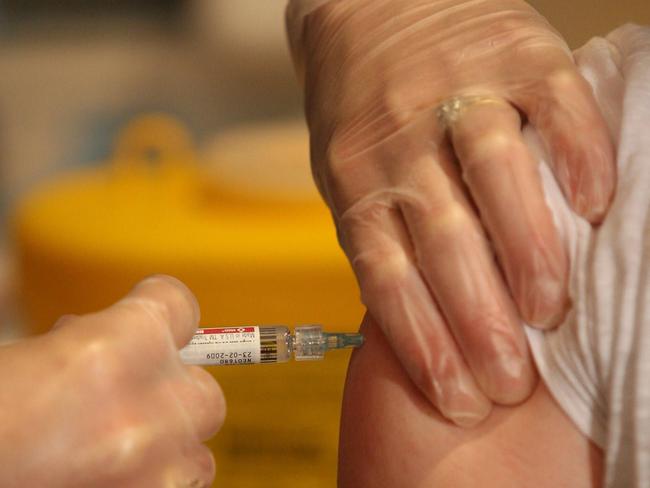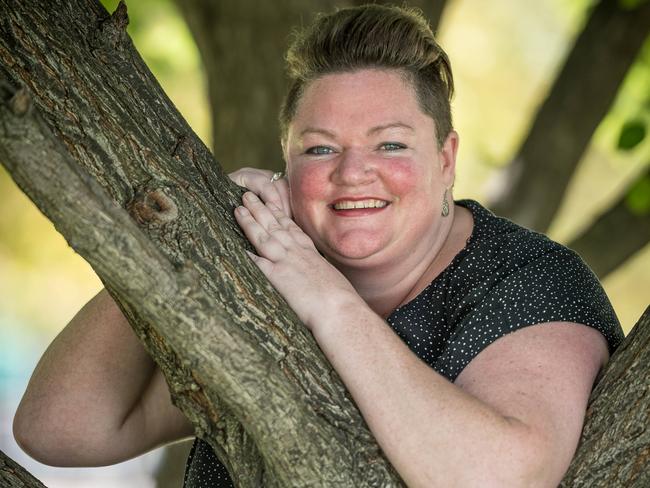Generations to be saved as cervical cancer set to be wiped out
AN end to cervical cancer is in sight and Australia is likely to be the first nation free of the killer disease, thanks to the groundbreaking HPV vaccine.

News
Don't miss out on the headlines from News . Followed categories will be added to My News.
AN end to cervical cancer is in sight and Australia is likely to be the first nation free of the killer disease, thanks to the groundbreaking HPV vaccine.
BOWEL SCREEN PROGRAM UNDERMINED BY LONG WAITS FOR COLONOSCOPIES
WORLD-FIRST BLOOD TEST DEVELOPED TO DETECT EIGHT COMMON CANCERS EARLY
CANCER: SOFT DRINK FOUND TO INCREASE RISK OF 11 CANCERS
The world’s cervical cancer experts will on Sunday issue an unprecedented statement announcing the disease is expected to be eradicated as a public health threat within 40 years.
Having led the way with HPV immunisation, Australia is forecast to be the first nation regarded as free of cervical cancer, according to the International Papillomavirus Society, which advises the World Health Organisation and leads global policy on the disease.
About 1000 Australian women are diagnosed and about 220 die of cervical cancer each year, but future generations will be free of the disease.
The proclamation comes as Melbourne researchers reveal the rate of human papillomavirus has dropped from 1 in 5 young Australian women a decade ago to just 1 in 100 today.
IPVS member Prof Suzanne Garland, from the Royal Women’s Hospital and University of Melbourne, said: “We are forecasting that over the next 30 to 40 years, rates of cervical cancer here will drop from around the current 1000 cases a year to just a few.”
HPV is behind almost all cervical cancer cases, but as it can take decades for cancer to develop following infection, the full impact of Australia’s nine-year-old immunisation program will take years to filter through.

Prof Garland said doctors now had the tools to eradicate cervical cancer and only needed political will and the public’s determination to wipe it out.
“Our national HPV immunisation program for both boys and girls, combined with our cervical cancer population screening, means we are well positioned to be the first country to effectively end this deadly cancer,” she said.
To mark International HPV Awareness Day, the IPVS is publishing its statement in the journal Papillomavirus Research on Sunday, while the WHO will meet later this year to formalise the global eradication plan.
Its modelling shows that expanding health programs to engage those not currently vaccinated or screened for HPV will see the disease eliminated in our lifetime.
Survival rates have improved dramatically in many forms of cancers, but none have yet been eradicated.
Cancer Council Victoria screening manager Kate Broun said it was incredible to foresee the end of one cancer, but warned it relied on increasing vaccination rates in “underscreening groups” such as indigenous Australians, those from culturally diverse backgrounds and the economically disadvantaged.

“It is really exciting but it also emphasises the need we have to focus on those who do not participate,” she said.
“We have seen it with things like polio a long time ago but not with cancer. Cervical cancer is unique as we know it is directly caused by HPV.”
With 80 per cent of liver cancers caused by viral hepatitis, Ms Broun said that was the next cancer candidate that could be greatly impacted by vaccination.
The IPVS’s confidence is supported by new research from Prof Garland’s team showing the HPV rate has dropped from 22.7 per cent to just 1.1 per cent over the past 10 years among those aged 18-24.
The research, published in the Journal of Infectious Diseases on Sunday, found although only 53 per cent of women were currently vaccinated, the “herd effect” had led to a much faster than anticipated decline in infections.
The IPVS statement is intended as a call for stronger action by international health authorities in the developing world, where 430,000 women are diagnosed with cervical cancer each year.

IT’S SO INCREDIBLY EXCITING
PHILLIPA Ross thought cervical cancer had robbed her of the chance to have children — now she is pinching herself that she may soon have a daughter who will never have to fear the disease.
“It is so incredibly bloody exciting to live in a lifetime where we will see the eradication of something so insidious and silent,” she said. “To know that potentially no one else will have to go through what I had to go through is just amazing. The treatment was awful, it was medieval and excruciatingly painful.”
In 2010, aged just 33, the Broadford woman was determined to start a family when months of unexplained symptoms were diagnosed as a rare form of cervical cancer.
Although it was thought she could undergo a smaller procedure that would not only save her life but also preserve her fertility, Ms Ross’s cancer was worse than first thought and required months of agonising chemotherapy and radiotherapy.
“That I could not have children for me was more devastating than actually having cancer,” she said.
Before the treatment, Ms Ross had her eggs frozen and has been given the greatest gift imaginable by a woman acting as a surrogate, now carrying her unborn child.
Originally published as Generations to be saved as cervical cancer set to be wiped out


